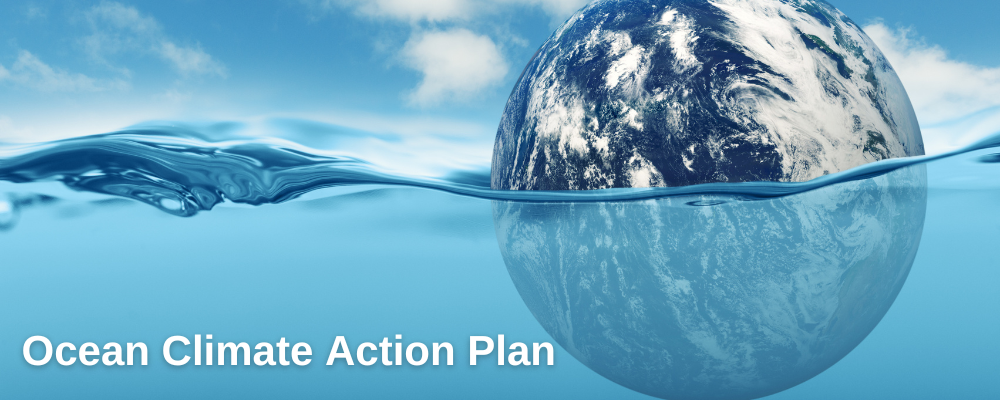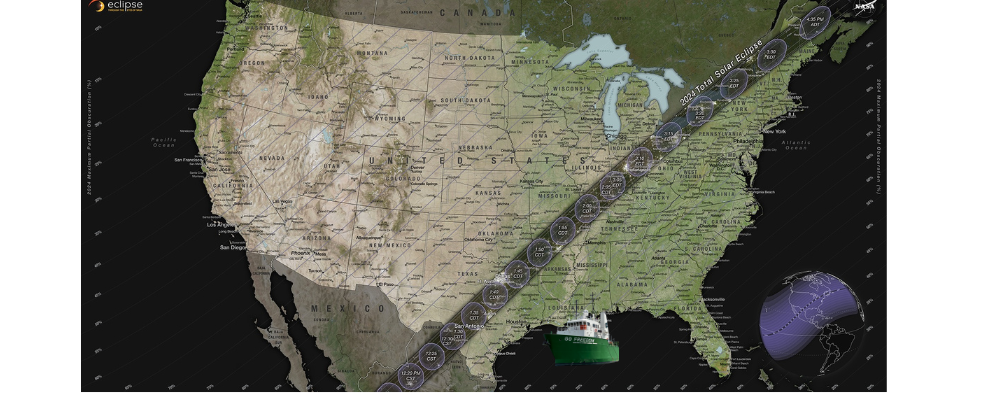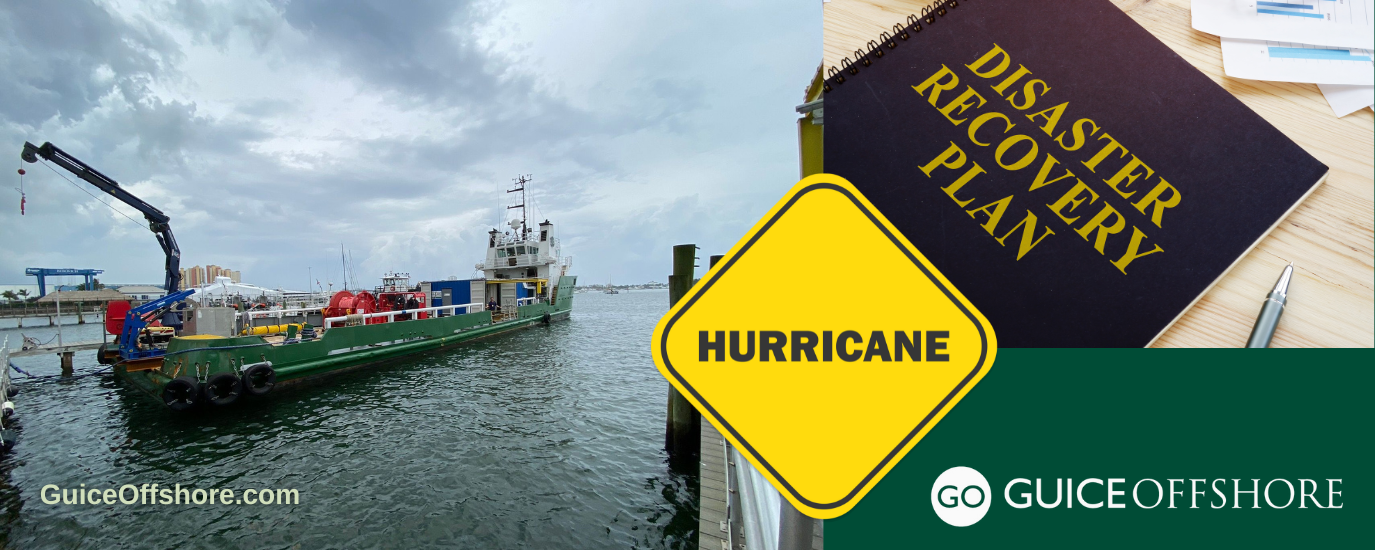First established by Executive Order in 2018 and codified into law by the 2021 National Defense Authorization Act in order to coordinate Federal actions on ocean-related matters, America’s Ocean Policy Committee (OPC) helps set ocean-related policy by balancing sustainable development of our seas with conservation and conscious stewardship.
Co-chaired by the Director of the Office of Science and Technology Policy (OSTP) and the Chair of the Council on Environmental Quality (CEQ). The OPC is a Cabinet-level agency that collaborates with the ocean community on ocean-related matters to advance ocean science and technology, identify priority ocean research and technology needs, and leverage resources and expertise to maximize the effectiveness of Federal investments in ocean research.
Now, the Ocean Policy Committee is seeking input from all interested parties to inform the development of a U.S. Ocean Climate Action Plan (OCAP) that will help guide and coordinate actions by the Federal government and civil society to address ocean, coastal, and Great Lakes-based mitigation and adaptation solutions to climate change.
Indeed, urgent and immediate action is needed to tackle the climate crisis through mitigation of and adaptation to the impacts of climate change. Climate change threatens valuable marine resources and the communities that depend on them. The ocean, as a critical heat and carbon sink and with capacities for both mitigation and adaptation climate solutions, is an integral component of the federal government’s “all-hands-on-deck” approach to climate action.
The Ocean Climate Action Plan will summarize planned Federal ocean-based climate action and the benefits of these actions, identify gaps in knowledge and application of knowledge to emerging ocean-climate issues, and recommend actions to advance the effectiveness of the nation’s response to the impacts of climate change.
Ocean Climate Action Plan Public Input Due November 18, 2022
Interested individuals and organizations can voluntarily submit comments electronically on the Ocean Climate Action Plan according to the instructions outlined HERE.
Input received will subsequently aid in the development of the U.S. Ocean Climate Action Plan. An interagency workgroup co-led by the Department of the Interior, the National Oceanic and Atmospheric Administration, and the National Science Foundation, in partnership with the CEQ, the OSTP, the National Climate Task Force, and other Federal agencies and entities, will develop the OCAP using the public input, in addition to input received from individual, States, Tribal Nations, scientists, and a wide range of stakeholders. While agencies and the workgroup have already received ad hoc recommendations on ocean-climate solutions, the current request for information offers a formal comment period to collect input specific to the development of the OCAP.
Topics on which input is requested include:
- Background information. Please briefly describe the role that you/your organization has in ocean-based climate solutions. If relevant, please describe how you/your organization engages with underserved communities.
- Critical Actions. What ocean-based climate solutions should be considered, and over what time scales? What are specific examples of ocean-based climate mitigation and adaptation activities that the United States should seek to advance? Which are higher priority? Are there actions that should be avoided, and if so, why?
- Knowledge, Science, and Technology. What kind of research is needed to implement and evaluate the effectiveness and impacts of ocean-based climate solutions? How can Indigenous knowledge be highlighted to inform solutions? What are important questions, issues, and unknowns that need to be addressed? What existing technologies might advance implementation of ocean-based climate solutions, and what innovations are needed?
- Environmental Justice, Diversity, Equity, and Inclusion. How can the benefits of ocean-based climate solutions be shared equitably? How should we engage communities in local implementation? How should we ensure that ocean-based climate solutions are implemented in ways that do not harm underserved communities? What opportunities exist for training and employing a diverse and inclusive blue workforce in implementing ocean-based climate solutions?
- Partnerships and Collaboration. What solutions can/should come from outside of government? Where and how can the Federal government partner with external stakeholders across regions and sectors to effectively mitigate and adapt to climate change through ocean-based climate solutions?
Examples of ocean-based climate solutions include harnessing ocean renewable energy, protecting and restoring ecosystems that sequester carbon and support biological diversity, expanding the extent and level of protection of marine protected areas, pursuing responsible and efficacious ocean-based carbon dioxide removal and sequestration, and decarbonizing shipping. These ocean-based climate solutions can also provide abundant co-benefits, including good-paying jobs, sustainable livelihoods and communities, and healthier ocean ecosystems that support future discovery and innovation. Ocean-based climate solutions can also provide an opportunity to advance more equitable access to the benefits provided by the ocean to people, and to create a diverse workforce.
The federal government has already set goals and directed action for many of these opportunities, including :
• Providing 40 percent of overall benefits of Federal investment relating to climate change and other areas to disadvantaged communities (Executive Order 14008: Tackling the Climate Crisis at Home and Abroad, January 27, 2021; https://www.whitehouse.gov/briefing-room/presidential-actions/2021/01/27/executive-order-on-tackling-the-climate-crisis-at-home-and-abroad/);
• Producing 30 gigawatts of energy from offshore wind by 2030; https://www.whitehouse.gov/briefing-room/statements-releases/2021/03/29/fact-sheet-biden-administration-jumpstarts-offshore-wind-energy-projects-to-create-jobs/);
• Conserving at least 30 percent of U.S. lands and waters by 2030 (Executive Order 14008: Tackling the Climate Crisis at Home and Abroad, January 27, 2021; https://www.whitehouse.gov/briefing-room/presidential-actions/2021/01/27/executive-order-on-tackling-the-climate-crisis-at-home-and-abroad/);
• Working with the International Maritime Organization to achieve zero emissions from international shipping by no later than 2050; https://www.whitehouse.gov/briefing-room/statements-releases/2021/04/23/fact-sheet-president-bidens-leaders-summit-on-climate/).
More than 20 Federal agencies have developed adaptation and resilience plans in response to Executive Order 14008; https://www.whitehouse.gov/briefing-room/statements-releases/2021/10/07/fact-sheet-biden-administration-releases-agency-climate-adaptation-and-resilience-plans-from-across-federal-government/).
Guice Offshore and the Blue Economy
For Guice Offshore (GO), the ocean is our home. We regularly provide vessel and technical services to a broad spectrum of critical industries like aerospace, documentary and film; oil and gas; government and military; environmental and disaster response and recovery; inspection, maintenance and repair (IMR); science and research; salvage; geotechnical and surveys; and offshore wind and renewable energy.
From normal activities likes waste management and ocean cleanup, GO vessels are often on the scene making a difference. We are dedicated to protecting the offshore environment and always searching for projects and methods to help make our oceans cleaner.
Guice Offshore played a meaningful role during the BP Oil Spill, providing a large array of vessels and services during the Mississippi Canyon Block 252 (MC 252) response. Following major hurricanes Dorian and Maria, GO supported cleanup operations and logistics in the Bahamas and transported vital power generation equipment and other supplies to hospitals in Puerto Rico. When responding to disasters, GO vessels can promptly arrive with a full load of fresh water, diesel fuel, heavy and light equipment, catering staff, coolers, generator power and related tools and equipment needed to provide hot meals to locals, first responders and clean-up crews during the early days of a disaster before the power grid is restored.
Many public and private research institutions, universities, and endowments also utilize Guice offshore service vessels. GO vessels have assisted in these endeavors along all U.S. coasts and the Caribbean. Our vessels offer a stable platform from which to conduct experiments and utilize specialized equipment, and our large accommodations can house many scientists and vessel crew simultaneously, and even be converted into floating laboratories. Multi-Purpose Vessels like the GO Pursuit, operating together with our partners at Ryan Marine, are especially well-suited for this industry, which often requires an A-frame and winch to deploy acoustic gear into the water column or down to the seafloor.
Our Multi-Purpose Vessel GO America, based in Port Everglades, Florida, operates in conjunction with our partners at Global SubDive to support a large array of government projects, often utilizing GSD submarines and ROVs (remote operated vehicles). Similarly, partner Ryan Marine is an expert in the field of unmanned vehicle operation which allows us to provide turnkey AUV (autonomous underwater vehicle) and UUV (unmanned underwater vehicle) services to Government agencies anywhere in the U.S. and Caribbean.
Utilizing vessels like Guice Offshore’s 150 ft. DP1 GO Liberty or the 170 ft. DP1 GO Discovery, geotechnical companies can perform detailed survey activities for their clients, such as seabed mapping, soil investigations and core sampling. Depending on their equipment installed, our vessels can work in a variety of coastal or offshore environments and water depths. The open cargo deck, ample accommodations, excellent maneuverability and station-keeping, all coupled with an efficient cost of operations, makes the GO fleet a consistently reliable choice for this industry.
GO vessels facilitate the inspection, maintenance and/or repair of pipelines, subsea structures, floating and fixed platforms and drilling rigs in a range of water depths. Our IMR support activities extend well beyond traditional oil and gas roles and can include any number of industries such as wind turbines, power cables, subsea or surface commissioning of structures, and sustainable energy equipment. Often, IMR activities are conducted with Remotely Operated Vehicles (ROVs); the GO Fleet possesses the accommodations, DP station-keeping and removeable side cargo rails necessary to support these operations.
Salvage is a broadly defined industry that can encompasses rescue towing, putting out fires, patching or repairing a ship, refloating a sunken or grounded vessel, moving a disabled vessel in order to clear navigation channels, and raising sunken ships or their cargo. The versatility of the GO mini-supply vessel fleet is well suited for many of these roles. Guice Offshore has supported the needs of salvage operations, and even treasure hunting projects.



